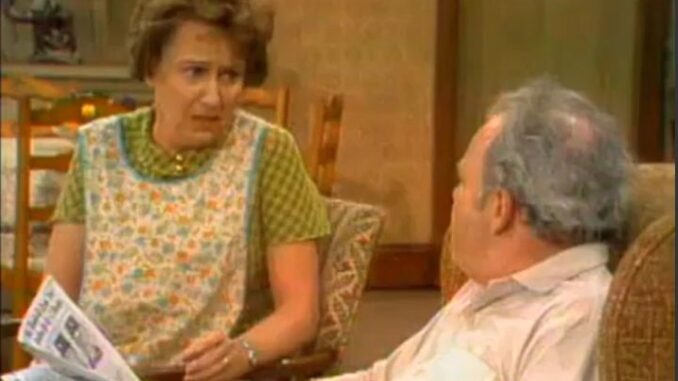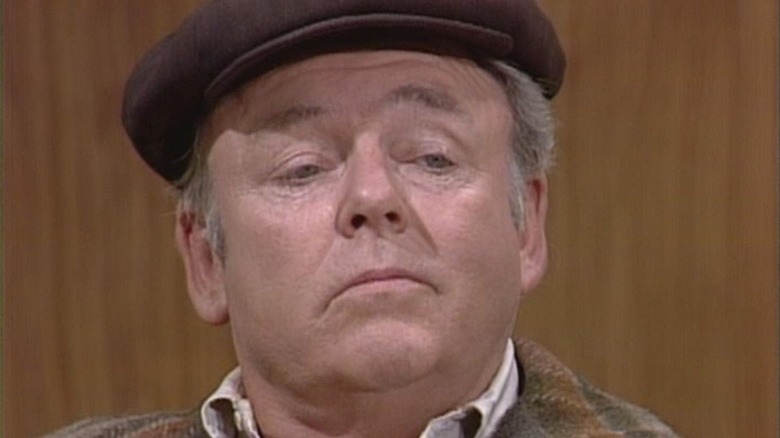
Creative collaborations often thrive on tension, a push and pull that can lead to exceptional results. This dynamic was vividly illustrated in the partnership between Carroll O’Connor and Norman Lear during the production of All in the Family. Despite the show’s monumental success, O’Connor and Lear frequently clashed over creative control, resulting in a relationship characterized by both conflict and camaraderie.
Norman Lear, as the producer, had substantial influence over the scripts before they reached the table read. Meanwhile, O’Connor, the show’s lead and the iconic Archie Bunker, was not shy about expressing his dissatisfaction with many of the initial drafts. “It was a very stressful relationship,” Lear recalled in a 2014 interview with HuffPost Live. “But it was joyful stress because it always turned out to be great. I don’t know if I can say that for Carroll—I’m not sure he was built to accept the idea of joyful stress.”
In his memoir, Even This I Get to Experience, Lear elaborated on the challenges they faced. He described O’Connor as often arriving at script readings feeling worried and discontented. “Carroll would sit down to every reading unhappy. It seemed to make little difference whether his problems with the script were minor or significant; most of the time, we’d hear, ‘It just doesn’t work.’” While Lear acknowledged that O’Connor was sometimes justified in his critiques, he also noted that the actor’s fear often manifested as anger, complicating their collaboration. “For the next eight years, Carroll would continue to dislike every script at the start. It was nothing but fear, and blind anger was his only defense. Certainly, he bettered many a scene with it, but it needn’t have taken his belligerence to get there.”
Despite the turbulence of their partnership, the creative tension ultimately contributed to the show’s brilliance. All in the Family is celebrated as one of the greatest sitcoms in television history, and its success can be attributed to the unique input of both Lear and O’Connor. The series tackled controversial social issues with humor and depth, largely due to the passionate engagement of its creators.
Fortunately, by the early 2000s, the relationship between Lear and O’Connor had evolved. Lear shared a touching moment from their later years, revealing that O’Connor kept a letter he had written on his desk—a note in which Lear expressed gratitude for O’Connor’s contributions to the character of Archie and apologized for the disagreements that had caused him stress. “It was the only thing on his desk, and it had been that way for some time,” Lear recalled, highlighting the lasting bond forged through their creative struggles.
In the end, the legacy of All in the Family is not just about the groundbreaking stories it told, but also about the complex, often fraught, yet ultimately rewarding relationship between two of television’s most influential figures
